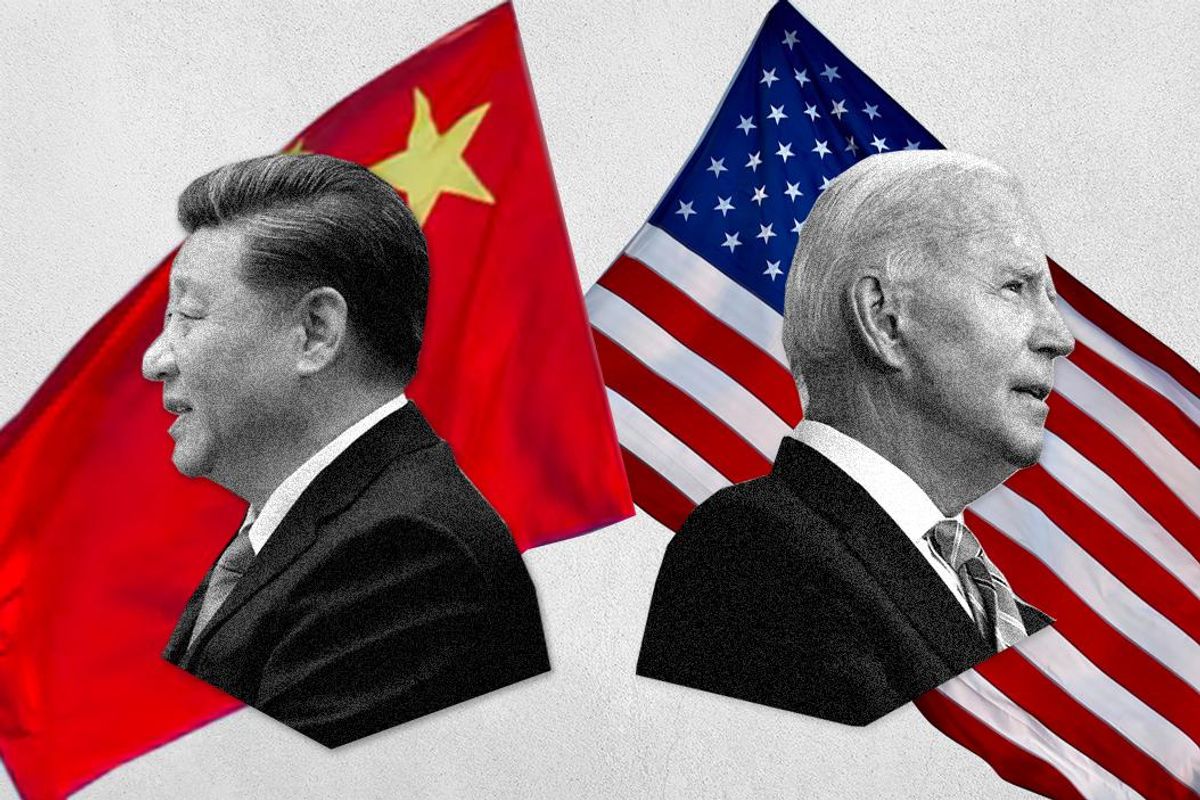Trending Now
We have updated our Privacy Policy and Terms of Use for Eurasia Group and its affiliates, including GZERO Media, to clarify the types of data we collect, how we collect it, how we use data and with whom we share data. By using our website you consent to our Terms and Conditions and Privacy Policy, including the transfer of your personal data to the United States from your country of residence, and our use of cookies described in our Cookie Policy.

At the dawn of the US civil rights movement, Atlanta mayors William Hartsfield and his successor Ivan Allen promoted Georgia’s capital as “the city too busy to hate.” Whatever the reality of race relations at the time, both men wanted Atlanta to avoid the confrontations plaguing other southern US cities, and to open their city as the commercial hub of the “new South.”
In recent decades, US and Chinese leaders have relied on a similar approach to relations between the two countries. The risk of conflict was obvious, given differences in their interests and political ideologies, but there was much money to be made and stability to be gained as long as they protected their mutually profitable business opportunities.
But over the past five years, US and Chinese words and deeds have taken on a harder edge. As US post-Cold War dominance of the international system has eroded, and as Xi Jinping has more explicitly offered China’s leadership as an alternative to the West’s global rule-setting, Washington and Beijing have seemed headed toward a digital-age Cold War. Former US President Donald Trump pushed for a more open confrontation between the two powers, and current President Joe Biden has done little to change course.
There is good news, however, for those who believe that a US-China Cold War would be catastrophic for both countries and the world. In reality, both countries are far too busy to transform rivalry into hate. But it isn’t just business opportunities that now preoccupy them. It’s also major domestic challenges and distractions, particularly for China, that demand something close to their full attention.
Troubles at home
One year into the job, Biden knows the success of his presidency will depend on helping to end the pandemic, revive the US economy, and deliver on more of his legislative promises. With midterm elections in November, his need to focus on these priorities is increasingly obvious. Fights with China won’t help, because they undermine investor confidence in the country’s immediate and longer-term future and distract from the issues his voters care more about.
Xi faces an even longer list of domestic problems. In a year in which he wants a smooth path toward a third term as China’s leader, and the indefinite extension of his power, he’s coping with both urgent and longer-term challenges for China.
First, China is days away from hosting the Beijing Winter Olympic Games in the middle of a public health emergency — and Xi is well aware that the credibility of his government’s COVID response is very much on the line. From the beginning of the pandemic, China has enforced a zero-COVID policy, imposing large-scale lockdowns in response to small numbers of infected people.
Now, with the Games about to begin, the much more transmissible omicron variant has appeared inside multiple Chinese cities, and more than 20 million people have been locked down in response. An added complication: it will be months before China can roll out an mRNA vaccine that’s more effective than currently available Chinese vaccines.
This problem arrives at a moment when China’s economy was already cooling off — and this slowdown creates a more urgent worry in China than a temporarily stalled economy in the US or Europe. China is still a middle-income country. To reach Western levels of prosperity, it needs growth above 6 percent for another generation, according to Eurasia Group estimates.
But in a world where factories’ production depends less heavily on cheap labor and more on robots, that’s a serious concern for China’s future. The country’s changing demographics — fewer workers and more retirees as birth rates remain low — compounds that problem.
Then there’s China’s debt problem. For decades, the state has boosted growth by encouraging Chinese lenders, some of them state-owned, to finance real estate and other speculative projects with little worry over the financial wisdom of each investment. When big companies have struggled to repay, the state has subsidized repayment to avoid a systemic financial crisis.
But when borrowers believe that government will prevent default, they take on even more risk, including by borrowing more from foreign lenders, creating a debt bubble. In recent years, China has tried to allow some companies to default and fail. But reform comes with risks that demand careful attention.
Bottom line: Biden and Xi have good political reasons to talk tough, and to challenge one another at the margins. But both leaders have bigger worries to manage, and the two countries still need strong economic ties to address their own problems.